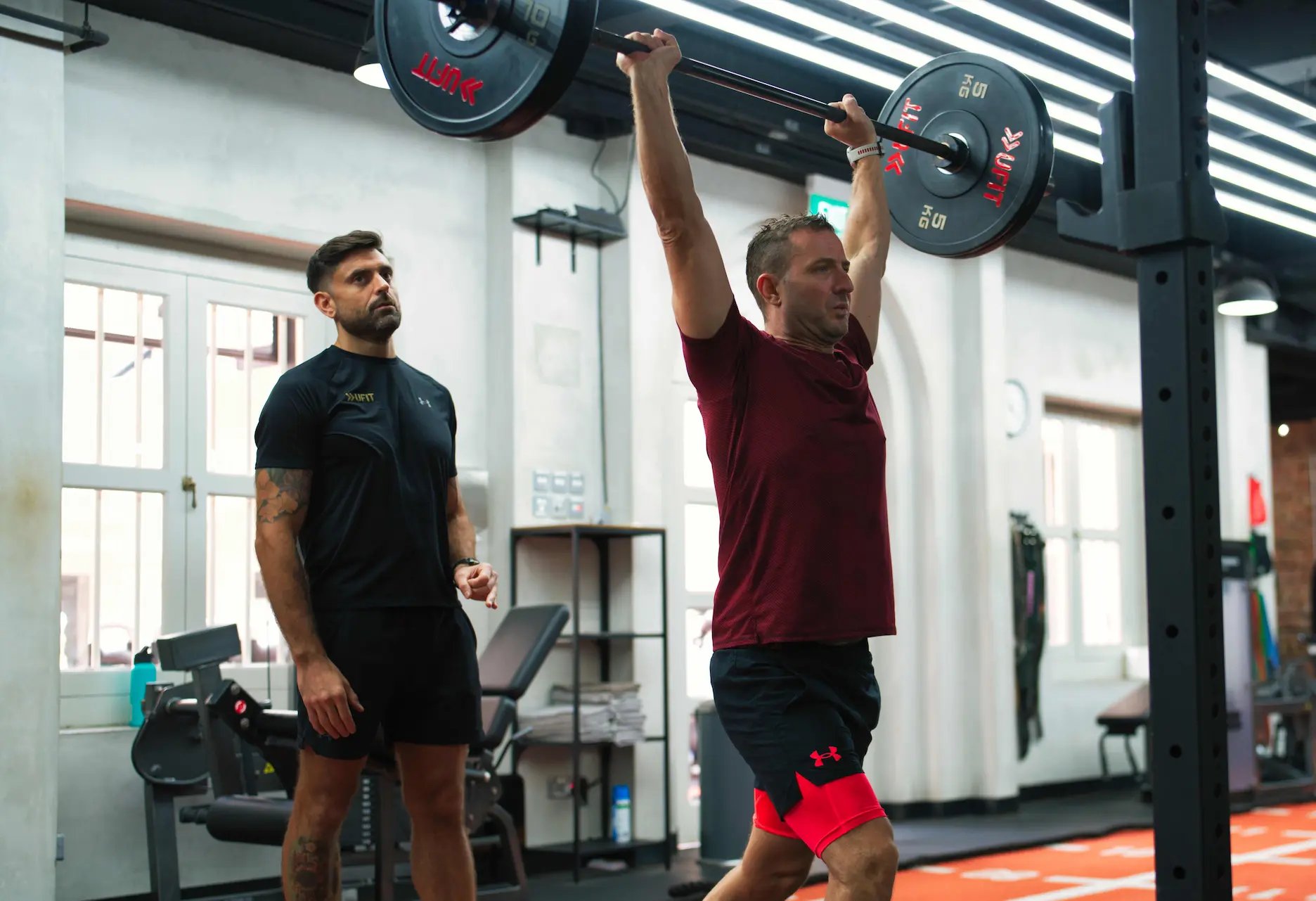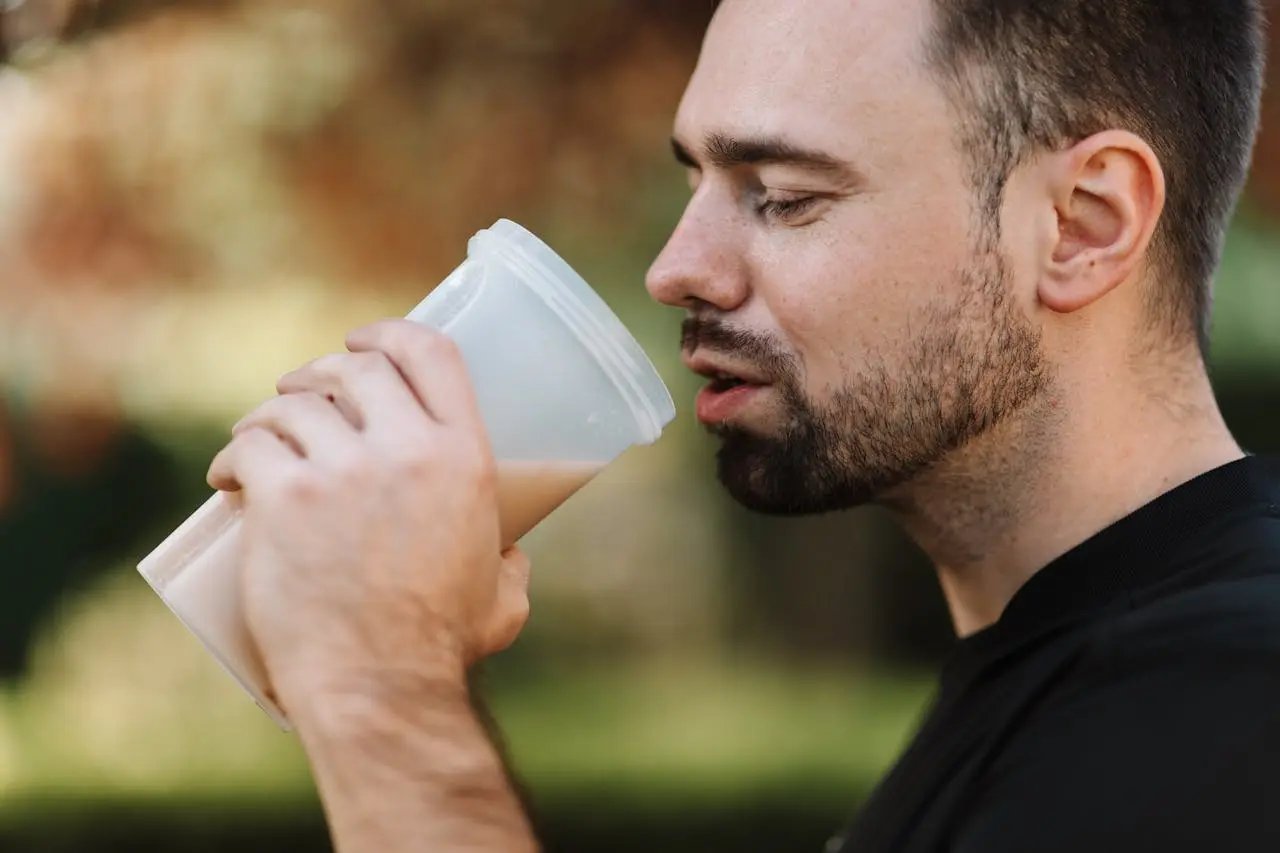Whether you're a seasoned athlete or simply into general fitness, you've probably either tried or heard about "pre workout drink". Pre workout drinks or supplements, often known simply as "pre workout", are multi-ingredient manufactured products designed to enhance energy levels and improve athletic performance.
Typically, these supplements come in powder form, which you mix into water and consume before exercising. While there's a wide array of formulas available on the market, the ingredients tend to vary significantly. Common components include amino acids, caffeine, creatine, beta-alanine, and various other artificial additives.
In this article, we will share about:
Why Do People Consume Pre-Workout?

Pre workout supplements often include a blend of ingredients such as caffeine, beta-alanine, BCAAs (branched-chain amino acids), creatine, and carnitine, all of which have been linked to improved energy, focus, and performance during workouts, potentially leading to greater muscle-building-results.
Read the related research articles:
What Should Someone Look Out for in a Pre Workout Drink?
Research on the effectiveness of pre-workout supplements remains somewhat limited. However, some studies suggest that certain key ingredients frequently found in pre workout supplements, such as creatine, caffeine, beta-alanine, BCAAs, and nitric oxide precursors, can support athletic performance.
Nitric Oxide
Nitric Oxide, a compound naturally produced by the body, aids in dilating blood vessels, thereby enhancing blood circulation and the transport of oxygen and nutrients to muscles, potentially boosting athletic performance. L-arginine and L-citrulline, compounds used by the body to produce nitric oxide, are often included in pre-workout drinks. Dietary sources of these compounds can be found in beetroot and beetroot juice.
Read the related research article: Nitric oxide and its role in exercise physiology
Caffeine
Caffeine, a primary ingredient in most pre-workout supplements, is a well-researched stimulant that may enhance mental alertness, memory, exercise performance, and aid in reducing body fat.
Read the related research article: Caffeine and Exercise: What Next?
Creatine
Creatine, another compound naturally produced in the body, is primarily stored in muscles and used for energy, particularly during high-intensity, short-duration activities like powerlifting. Supplementing with creatine has been shown to increase the body's stored supply of this compound, leading to improved recovery time, muscle mass, strength, and exercise performance.
Read the related research article: International Society of Sports Nutrition position stand: safety and efficacy of creatine supplementation in exercise, sport, and medicine
Beta-alanine
Beta-alanine, an amino acid often included in pre-workout supplements, may help prevent the build-up of acid in muscle tissue, thus reducing muscle fatigue and enhancing exercise performance.
Read the related research article: International society of sports nutrition position stand: Beta-Alanine
Ingredients You May Want to Avoid:
Artificial sweeteners and sugar alcohols
Artificial sweeteners and sugar alcohols, while improving taste, can cause discomfort such as bloating or diarrhoea, particularly in large quantities, potentially disrupting your workout . It's advisable to start with a smaller dose to gauge tolerance.
Excessive Caffeine
Excessive caffeine content can be problematic. Some pre workout products contain as much as 387 mg per serving, equivalent to 2 to 4 cups of regular brewed coffee, depending on strength.
Other undisclosed ingredients
Pre workout supplements may contain banned substances such as steroids, posing risks, particularly for athletes. It's crucial to choose supplements that undergo third-party testing for safety.
Who Should Take Pre Workout?
For most individuals, a balanced diet can provide the necessary nutrients for a successful workout. However, those experiencing persistent low energy levels should address lifestyle factors like sleep, hydration, and diet before turning to supplements.
While a 2018 review about multi-ingredient pre workout supplements found multi-ingredient pre workout supplements generally safe, they aren't entirely risk-free. The FDA does not regulate supplement ingredients or their amounts, so it's essential to opt for third-party tested products. Additionally, individuals sensitive to caffeine or other stimulants should be cautious.
If pre workout supplements work for you, it's important to be mindful of ingredients and opt for third-party tested products.
How Should Someone Consume Pre-Workout?

Most pre workout supplements come with instructions on usage. While following package instructions is advisable, first-time users may consider starting with a slightly smaller dosage to assess tolerance.
For supplements containing beta-alanine, a tingling sensation may occur, which is normal but may be uncomfortable for some.
Pre workout supplements are typically taken 30–60 minutes before exercise to allow sufficient time for ingredients to take effect. Consider the caffeine content and its potential impact on sleep if taken too close to bedtime.
What Are Natural Pre Workout Alternatives?
Examples of wholefood alternatives 30-60 minutes before a workout
- A banana + cup of coffee
- Handful of Dried fruit + cup of coffee
- A piece of fruit + yogurt pot
- 150ml fruit juice
- 2 slices of toast with jam + cup of coffee
- A bowl of cereal
The Bottom Line:
While pre workout drinks or supplements may offer benefits for some individuals, they're not necessary for most people, and their efficacy and safety aren't regulated by the FDA. Competitive athletes should exercise caution due to potential risks, including banned substances. Ultimately, a balanced diet and lifestyle factors play a significant role in optimizing workout performance and overall health.


.png?width=301&height=187&name=Website%20Navigation%20Images%20(3).png)

-1.jpg?width=1984&height=1196&name=UFIT%20Club%20Street%20Front%20(4)-1.jpg)








/01%20Pages/01%20About/Team/Ellie%20Cheale%20540.webp?width=290&name=Ellie%20Cheale%20540.webp)